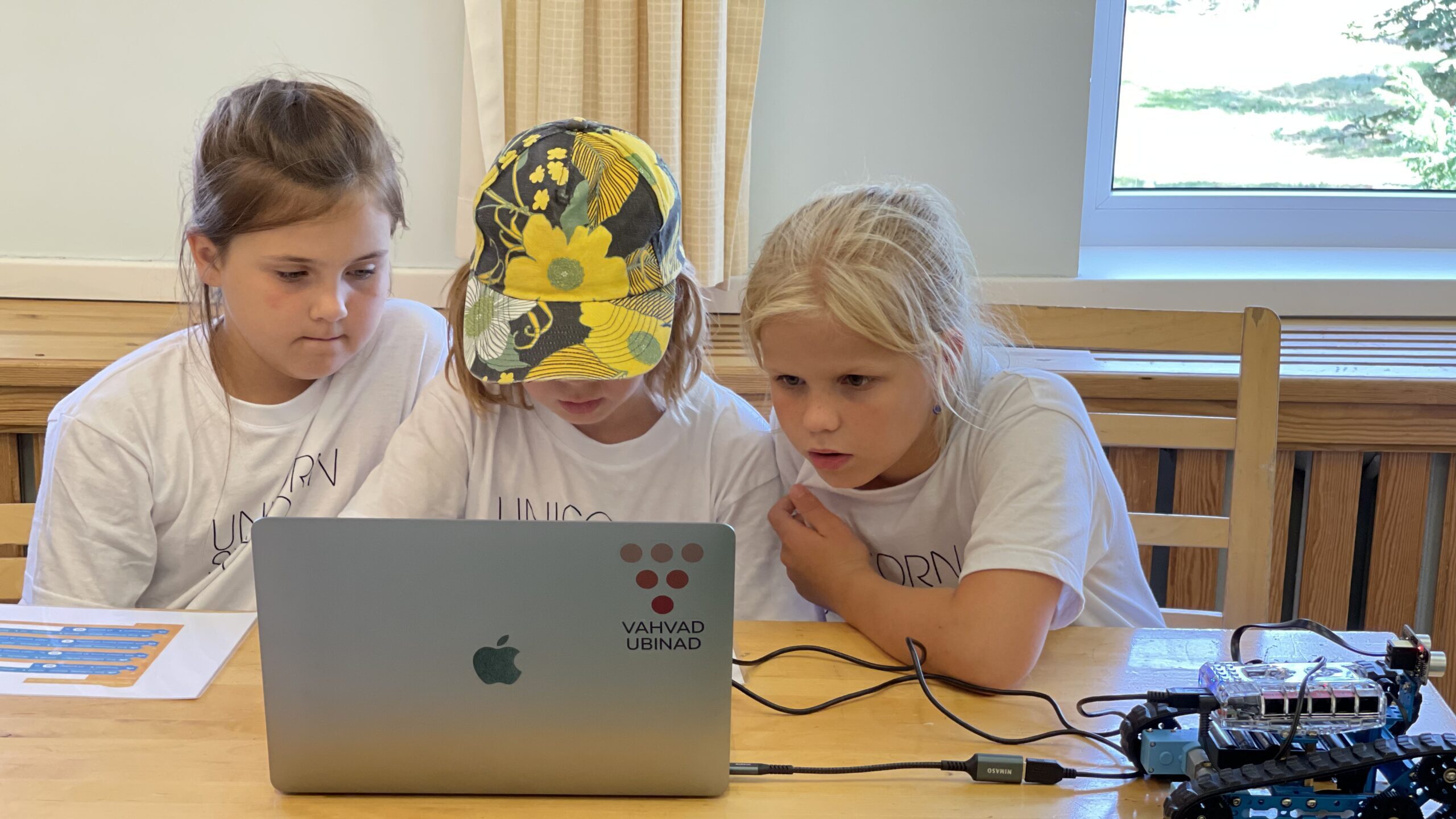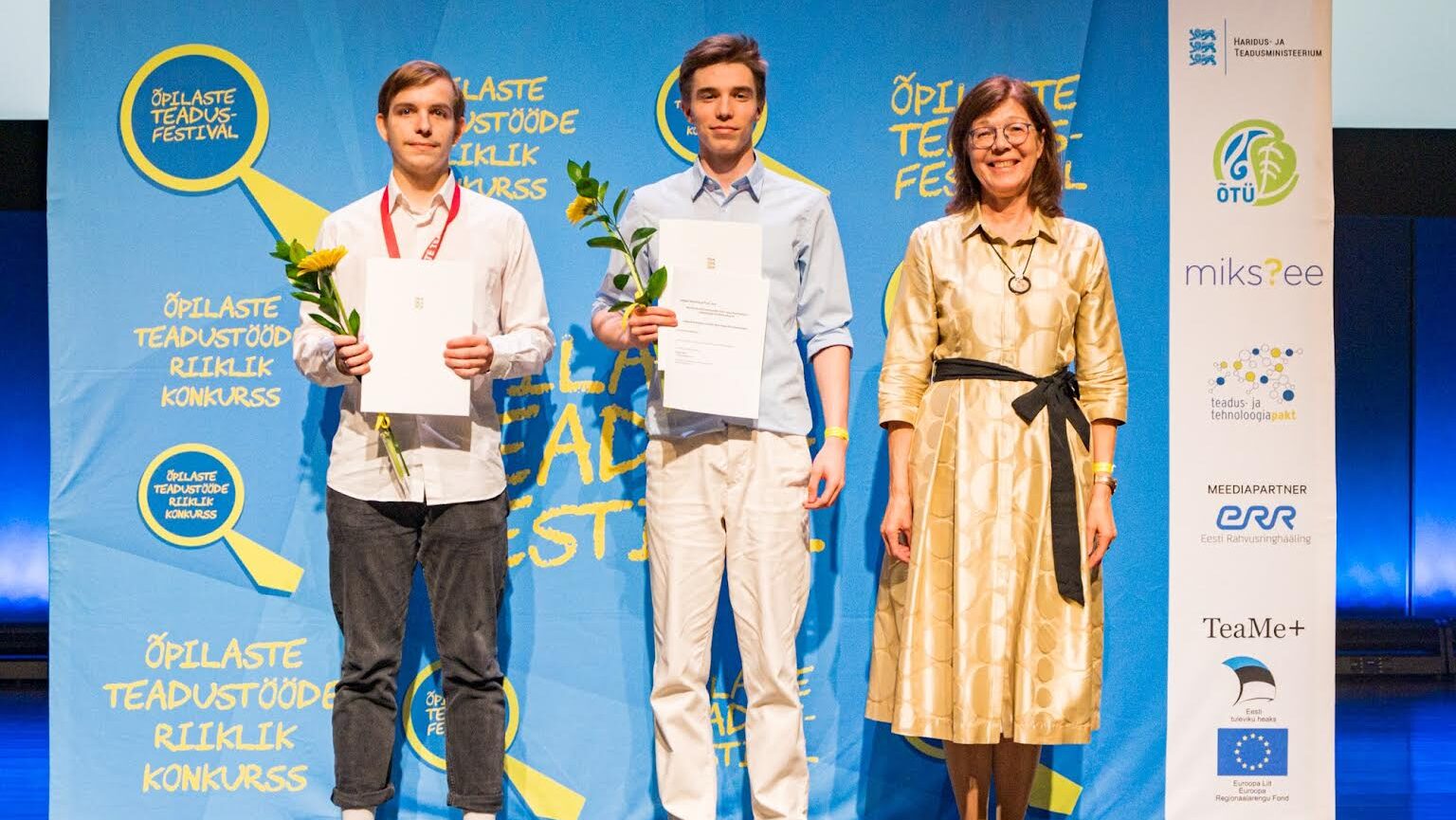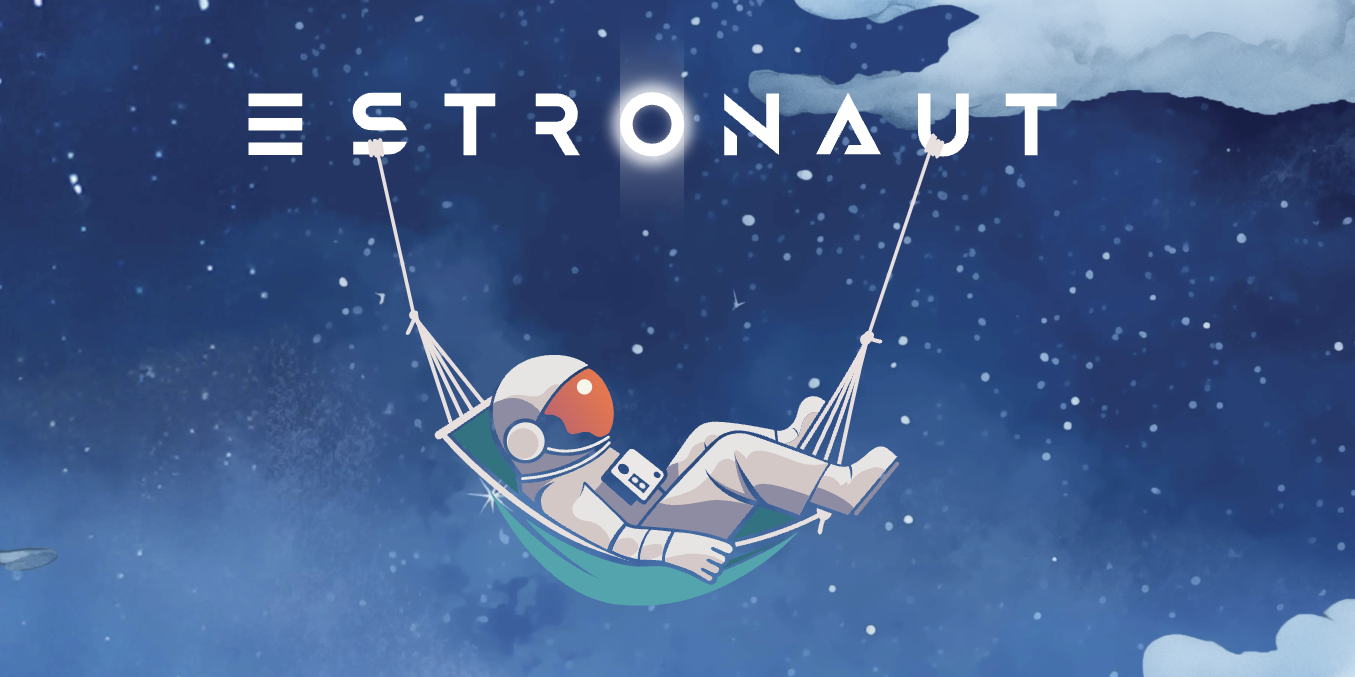In 2018, Taavi Kotka’s daughter and another girl were pushed out of a robotics club. Ignited by that, Kotka, an IT visionary and former Chief Information Officer for the Estonian Government, decided to tackle the situation himself. Looking at the bigger picture, where boys outnumbered girls tenfold in technology clubs, and seeing how women are underrepresented in the labour market in technology, he decided to run an experiment. With the help of other entrepreneurs and experts, he started a technology club for girls only.
The first group of HK Unicorn Squad consisted of 17 girls, who, in their weekly sessions, learned how to use lasers for light shows, build electric engines, make animations, and much more. Quickly, it became obvious that there were many more girls who wanted to learn and experiment with technology, so in 2019, HK Unicorn Squad branched out from Kotka’s garage to 15 locations across Estonia.
The founders of the initiative made sure that their program is accessible to as many girls as possible. As long as there is a group of at least eight girls aged 8-12, a location where they can gather once a week, and someone willing to lead the activities, the Unicorn Squad provides them with instructions, materials, and support at no cost. Physical materials necessary for the courses are rotated between groups, and constantly monitored if anything needs fixing or replacing. The person running the local club does not need to be a technology expert, as the Unicorn Squad also provides guidance for them.
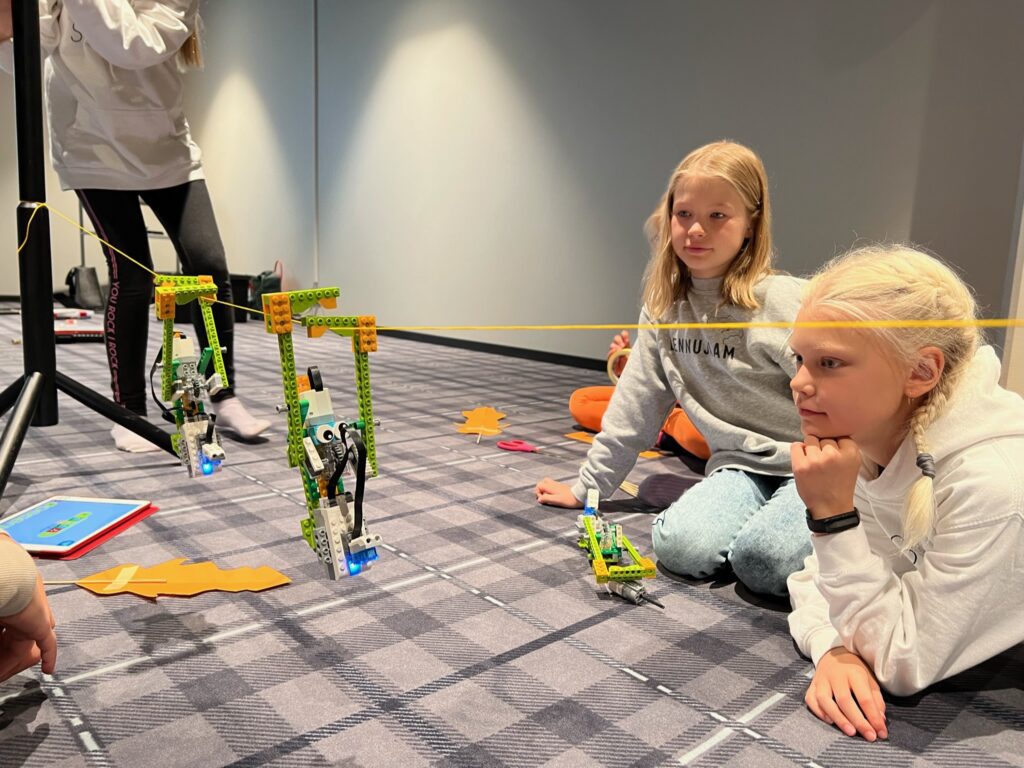
As a result, there are currently almost 200 local clubs running in different parts of Estonia. For example, you can find HK Unicorn Squad on Muhu island, in the centre of Tallinn, or in the border town of Narva. Liis Koser, the Manager of HK Unicorn Squad, says their aim is to reach 3,000 girls by the end of 2023.
The program consists of six courses and lasts for three years. Koser says, “We hope to show girls that technology is nothing to be scared of. It is something that the girls can confidently work with, and actually it is fun!” HK Unicorn Squad’s program emphasizes understanding and giving girls a sense of achievement, and there is no element of competition. The courses are based on practical exercises, from making LEGO-cartoons to building robots and flying drones. In addition to the courses that run in the winter and spring, the girls can also join a three-day summer camp where they can try out their skills. And while the HK Unicorn Squad does not aim to turn children into hardcore programmers, they do want to support more women choosing ICT as their career path.
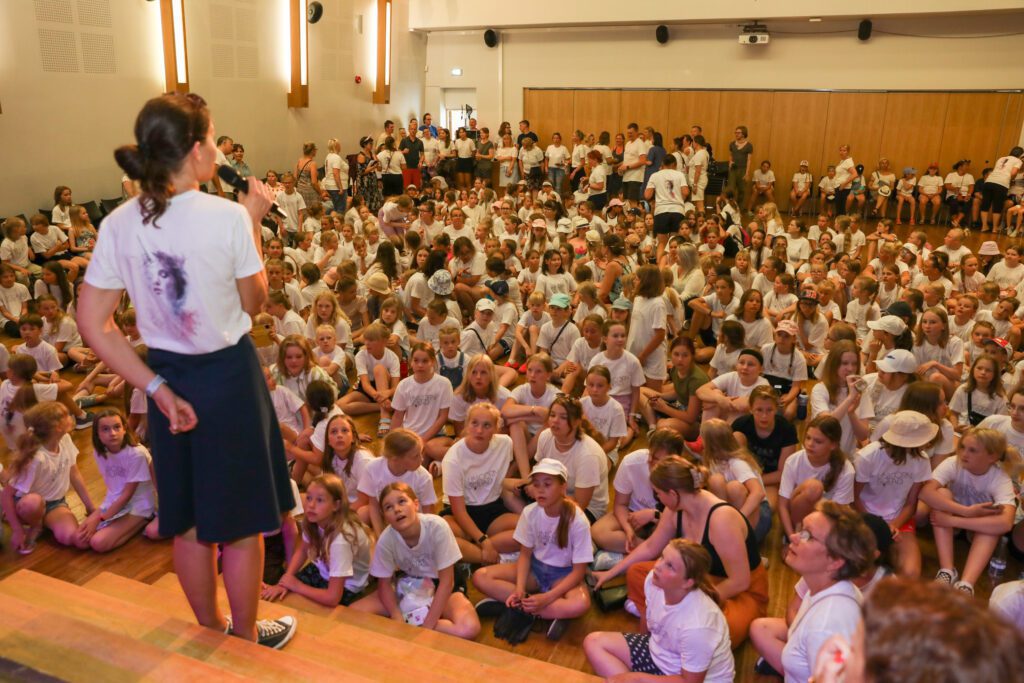
Having started off as a small initiative between parents, HK Unicorn Squad is now backed by IT and telecom companies, as well as the Good Deed Foundation. The program is reviewed and improved continuously, and it keeps on expanding. As HK Unicorn Squad believes that basic technology skills are essential to all children, they are now targeting formal education in addition to hobby clubs. In 2022, five schools had an opportunity to participate in a pilot program, adding a 40-hour technology course to their curriculum. Viimsi School provides the 3-year program as part of their regular classes. Of course, in schools the program is offered to both boys and girls, but they are working in separate groups, to make sure that girls have their chance to experiment, learn, and love technology.
HK Unicorn Squad would love to get in touch with similar programs in North America. If you have contacts to share, or want to contribute to children’s ICT education in Estonia in other ways, contact Liis Koser.
